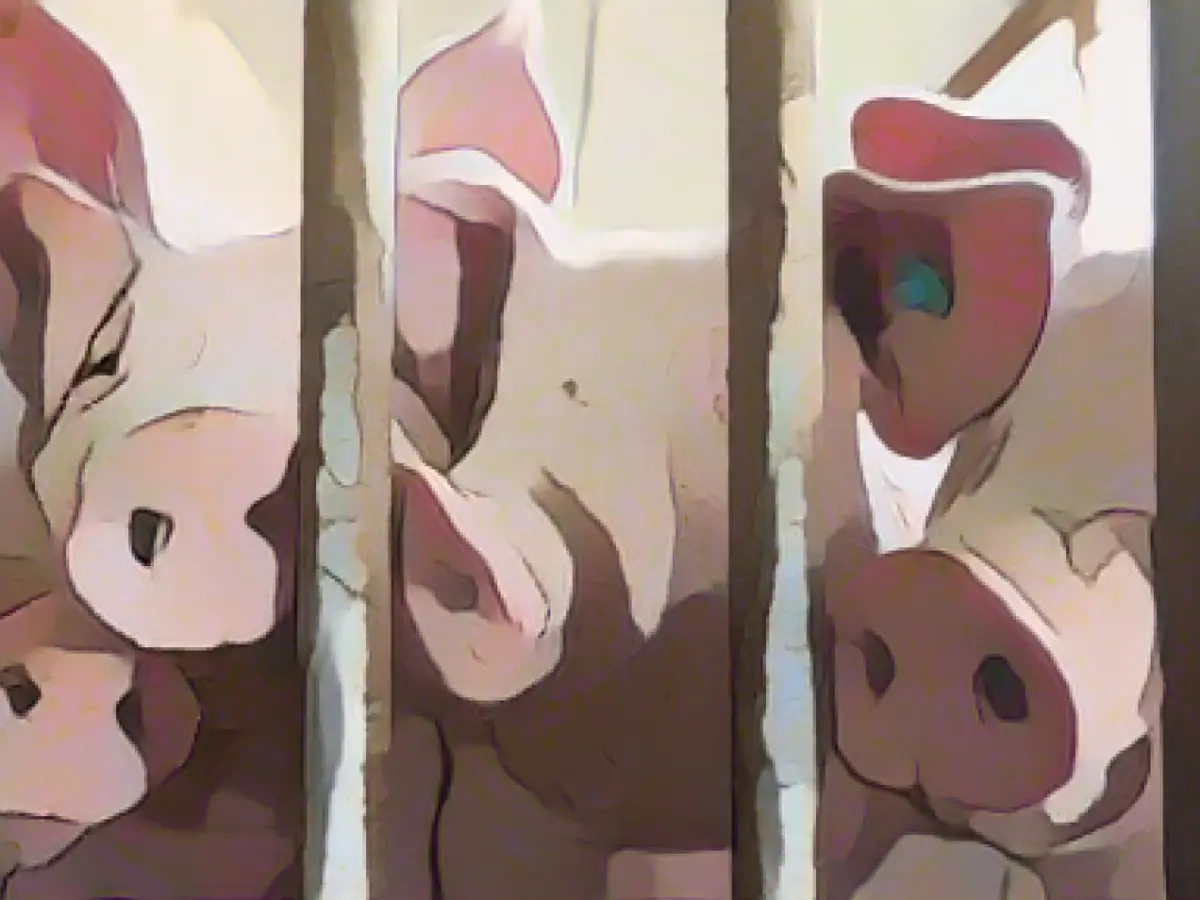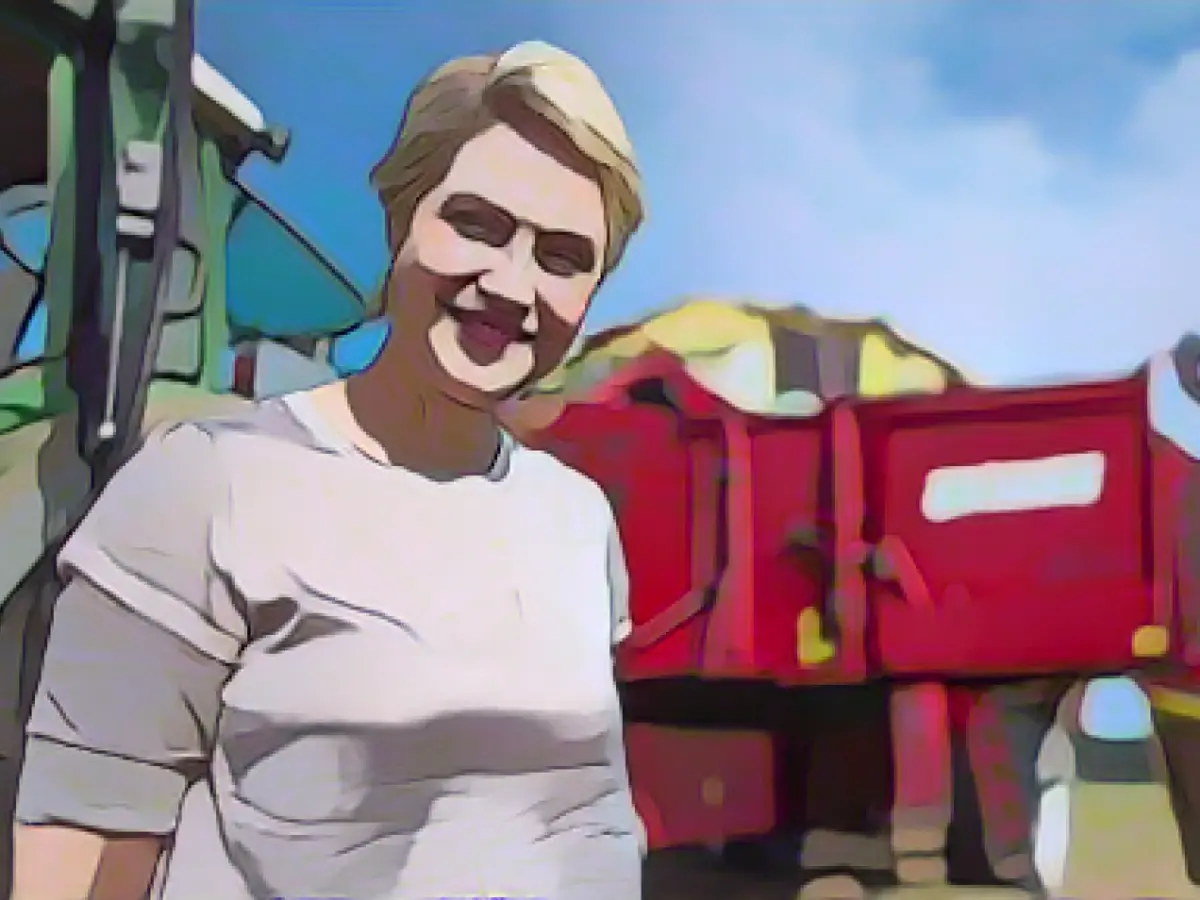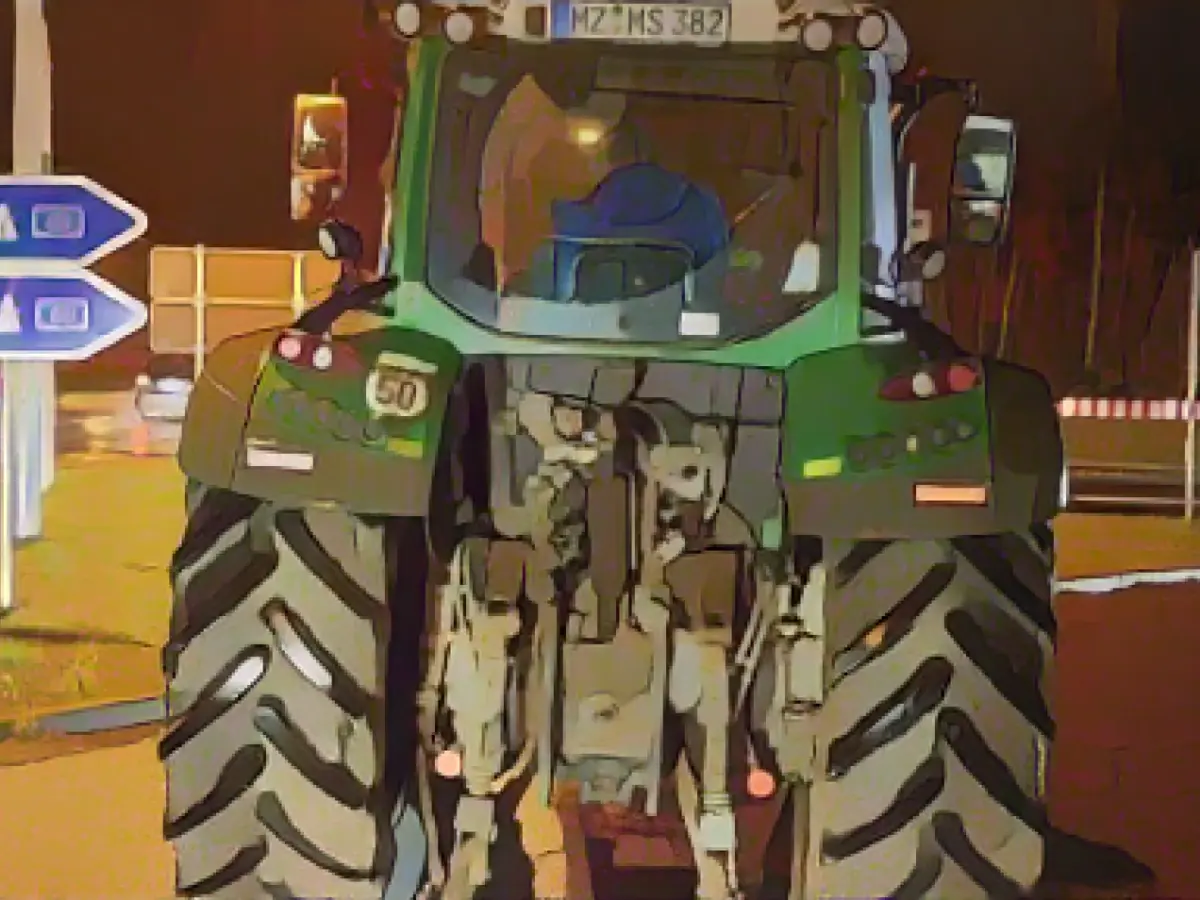Pig Farms in Decline: North Rhine-Westphalia's Agricultural Shift
The pig farming scene in North Rhine-Westphalia continues to veer towards a downturn. As of November 2022, the count stood at 5,350 farms, a 5.8% decrease from the previous year, according to the IT.NRW statistics office. Over the years, this figure has plummeted by 35%, signaling a profound transformation in the sector.
For years, pig farmers have grappled with inadequate prices on the market, a predicament exacerbated by skyrocketing feed and energy costs. Moreover, stricter farm requirements have added to their woes.
Market Woes and the Pig Business
In North Rhine-Westphalia, the descent in pig farm numbers has sparked discussions about the impacts on its agrarian sector. Despite the challenges, the region's farmers remain steadfast in their quest to preserve traditional farming practices.
Sources:
The decline in pig farming is driven by a complex interplay of factors. Though the article does not provide specific data on this trend, general insights from agriculture can be drawn:
- Regulatory and Economic Factors:
- The conclusion of the EEG (Erneuerbare-Energien-Gesetz) remuneration period for biogas plants may indirectly impact pig farming, altering the agricultural economic landscape. Biogas plants, often relying on agricultural waste, might prioritize different sources, impacting pig farm operations.
- Environmental and Health Concerns:
- Stricter nitrogen emissions regulations could impact pig farmers, increasing costs and operational challenges.
- Technological and Operational Changes:
- Modernization of biogas plants could enhance efficiency, but might require significant adaptations from smaller or less technically advanced pig farms.
- Market Dynamics:
- The development of new feed additives may improve animal health, but the associated costs could be prohibitive for some pig farmers.
- General Economic Trends:
- Changes in global demand for grains could impact pig farming profitability.
The consequences of this trend on North Rhine-Westphalia's agricultural sector include:
- Agricultural Practice Shift: A decrease in pig farming could steer agricultural practices towards other livestock or crops unaffected by regulatory changes or technological advancements.
- Economic Instability: The loss of pig farmers could lead to financial instability in rural communities, potentially resulting in job losses and reduced economic activity.
- Environmental Impact: Reduced pig farming might impact waste management and environmental practices, influencing the local ecosystem and biodiversity.
- Food Security: The decline in pig farming could impact the regional food supply, potentially driving increased reliance on imported pork and alternative protein sources.
- Technological Innovation: The dwindling of traditional pig farming could expedite the adoption of new technologies and innovative farming methods, fostering long-term sustainable and efficient agricultural practices.
In summary, while specific data on North Rhine-Westphalia's pig farming decline is not provided, the agricultural sector's general trends and challenges suggest that regulatory changes, environmental concerns, technological advancements, market dynamics, and economic factors drive this trend. The consequences on North Rhine-Westphalia's agricultural sector could be far-reaching, resulting in changes in farming practices, economic stability, environmental management, and food security.








